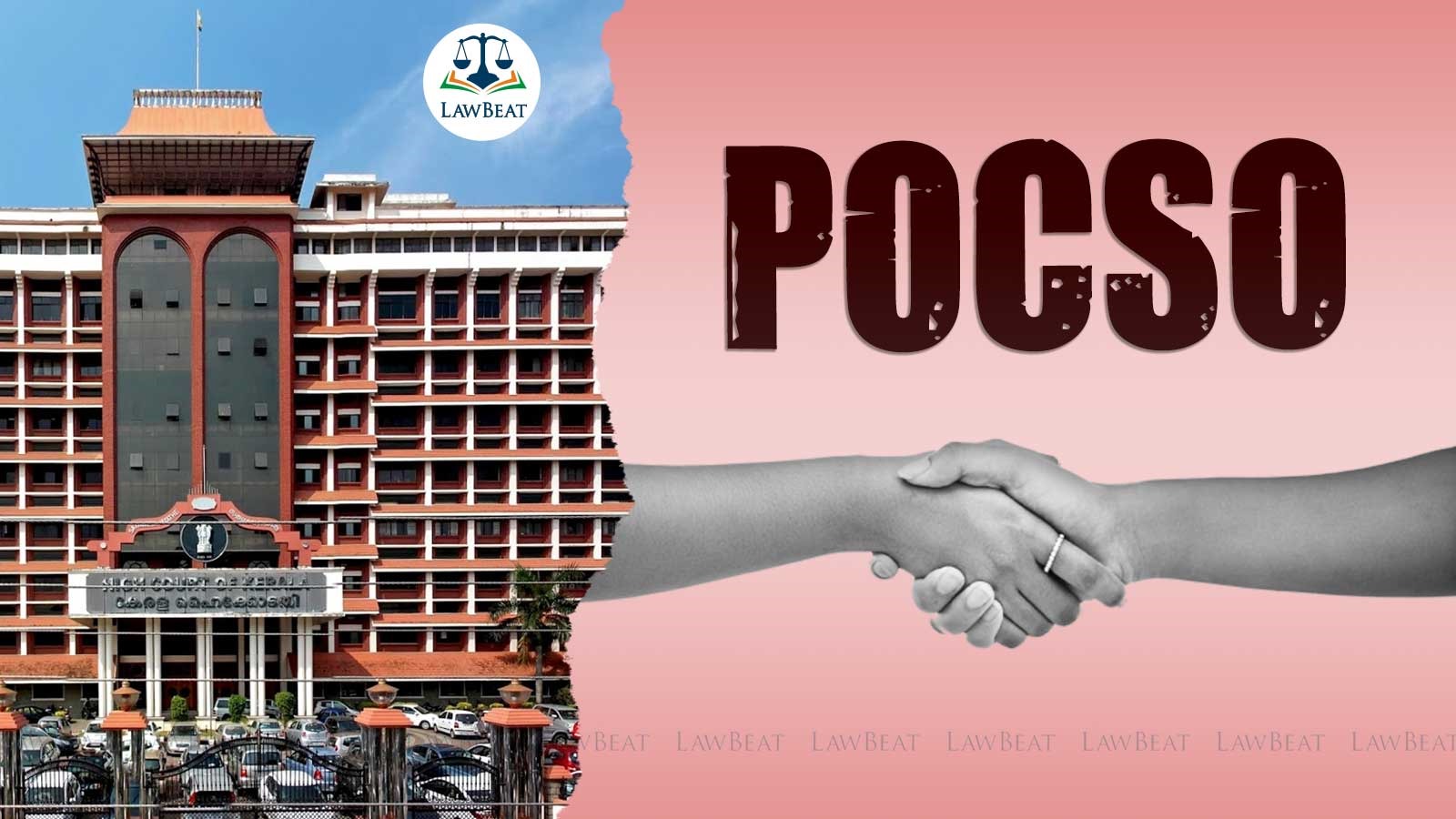Woman’s Body Her Temple, Quashing of POCSO Case Cannot Be Allowed Despite Compromise Between Parties: Kerala HC

“Heinous and serious offences involving mental depravity or offences such as murder, rape and dacoity cannot appropriately be quashed though the victim or the family of the victim have settled the dispute,” the court noted
The Kerala High Court (HC) has dismissed a petition seeking to quash a case filed under the Protection of Children from Sexual Offences (POCSO) Act despite a settlement reached between the accused and the victim’s family. The Court emphasised that crimes involving the sexual assault of minors cannot be resolved through compromise, as such offences violate a woman’s body, which is her temple and have significant societal implications.
Justice A. Badharudeen, presiding over the court, observed that “In a case of rape or attempt of rape, the conception of compromise under no circumstances can really be thought of. These are crimes against the body of a woman which is her own temple. These are offences which suffocate the breath of life and sully the reputation. And reputation, needless to emphasise, is the richest jewel one can conceive of in life. No one would allow it to be extinguished.”
The case involved allegations that a 14-year-old minor girl from a Scheduled Caste community was subjected to aggravated sexual assault by the accused, aged 27 years, who did not belong to a Scheduled Caste or Tribe. The prosecution’s case stated that in December 2021, the accused trespassed into the home of the victim and committed the offence. As a result, the minor became pregnant. The victim’s mother subsequently filed a complaint, leading to the registration of the FIR. The charges against the accused included offences under Sections 4(2) read with 3(a) and 6 read with 5(j)(ii) of the POCSO Act, as well as Sections 3(1)(w)(i) and 3(2)(v) of the Scheduled Castes and Scheduled Tribes (Prevention of Atrocities) Act, 1989.
The petitioner’s counsel, Advocate Binu K.B., filed a criminal miscellaneous petition under Section 528 of the Bharatiya Nagarik Suraksha Sanhita, 2023, arguing that the matter had been settled amicably between the parties, as evidenced by an affidavit filed by the victim’s mother. The defence justified the settlement citing judgments from the Meghalaya High Court and Himachal Pradesh High Court in cases of ‘Skolbha Lamare v. State of Meghalaya’ and ‘Sonu v. State of H.P. and Others’, respectively.
However, the Public Prosecutor M.P. Prasanth, opposed the quashing, arguing that the settlement cannot override the seriousness of the offences under the POCSO and SC/ST Acts.
The Court emphasised that offences involving rape, sexual assault, or crimes of similar nature against minors are not merely private disputes but have broader societal implications. The Court observed that “Effacing abominable offences through quashing process would not only send a wrong signal to the community, but may also accord an undue benefit to unscrupulous habitual or professional offenders, who can secure a “settlement” through duress, threats, social boycotts, bribes or other dubious means. It is well said that “let no guilty man escape, if it can be avoided.”
Highlighting the responsibility of the courts, the HC said “while exercising its jurisdiction this Court must consider the fact that whether the proceeding relates to any serious and heinous offences and whether the crime in question has impact over the society. In cases of serious nature which affects the society at large this Court should not exercise its jurisdiction under Section 482 Cr.P.C. for quashing the proceedings on the basis of compromise executed between the parties.”
The court noted that it is settled law that settlement in offences of such serious nature cannot be justified based on affidavits from the victim or her mother.
In light of the severity of the allegations and the broader public interest, the court found no grounds to justify the quashing of the case and dismissed the petition accordingly.
Cause Title: Ajith Joseph v State of Kerala [CRL.MC NO. 6773 OF 2024]
